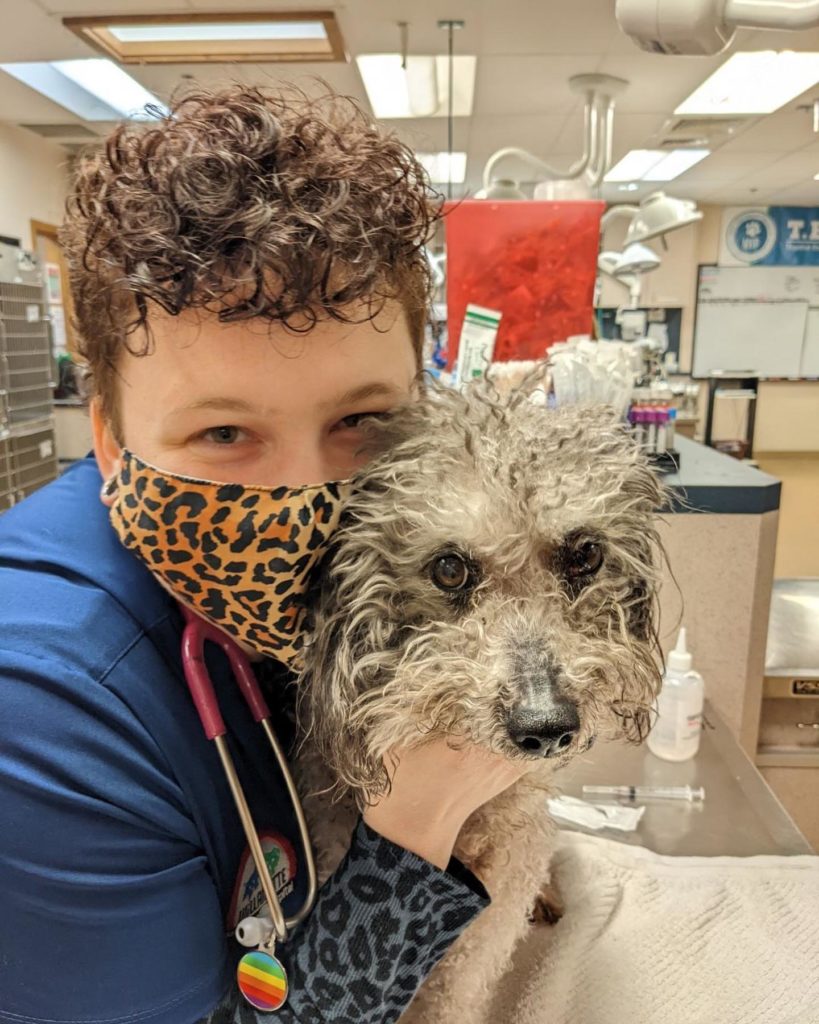As dogs and cats get older, they need more attention and special care. We’re here to help your pet remain fit and healthy as he or she ages and help us catch any potential problems earlier, when they’re easier to treat or manage. Regular dog annual exams can actually help your pet live longer, too!
Diagnosing diseases and certain conditions early is important throughout a pet’s life, but it becomes even more critical when your dog or cat enters his or her senior years. The risks of arthritis, cancer, diabetes, heart disease, hormone disorders, and kidney and liver problems all increase with age. In addition, dogs and cats may not show any signs of even serious diseases until they are quite advanced.
Senior status varies depending on your pet’s breed and size. Smaller dogs tend to live longer than larger dogs, and cats generally live longer than dogs. We can help you determine what life stage your pet is in.
Before your dog or cat reaches senior status, we recommend that you bring your pet in for a dog annual exam and diagnostic workup. This will give us a record of what’s normal for your pet so we can keep track of any changes. In most cases, we suggest this checkup for when your dog turns 7 years of age or your cat turns 8 years of age. Thereafter, your senior pet will benefit from more frequent veterinary exams and diagnostic testing.
We can treat many symptoms that are commonly attributed to age, including those associated with cognitive dysfunction syndrome (similar to Alzheimer’s in humans). We can also improve your pet’s quality of life in many ways: by identifying and preventing or reducing pain, recommending an appropriate nutrition and exercise plan, and suggesting environmental modifications to keep your pet comfortable.


Senior Pet Wellness Services Near You
If you are interested in senior pet wellness services for your pet call and get the experienced care that your animal needs. Call 541-753-2223 to speak to a member of our staff, or contact us online here.
Explore Our Complete List of Veterinary Services in Corvallis, OR
What's Next
Call us to schedule an appointment
Meet with a doctor for an initial exam.
Put a plan together for your pet.

